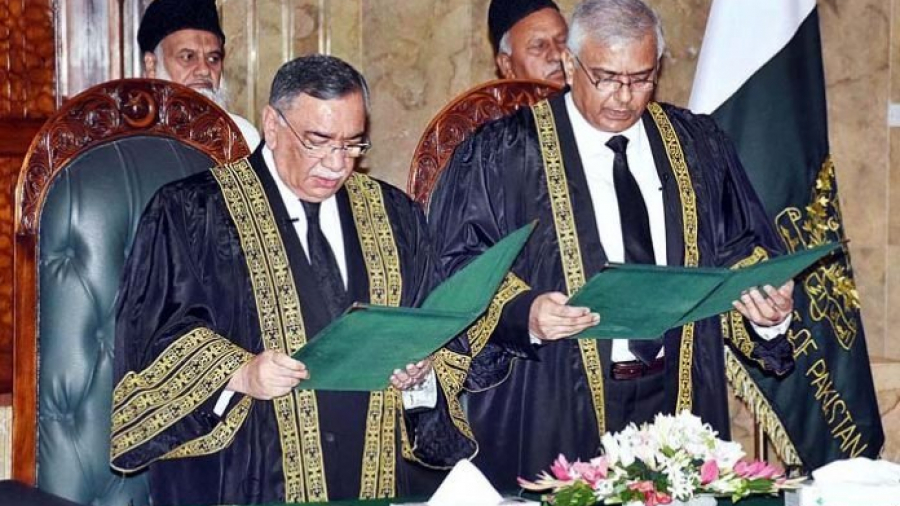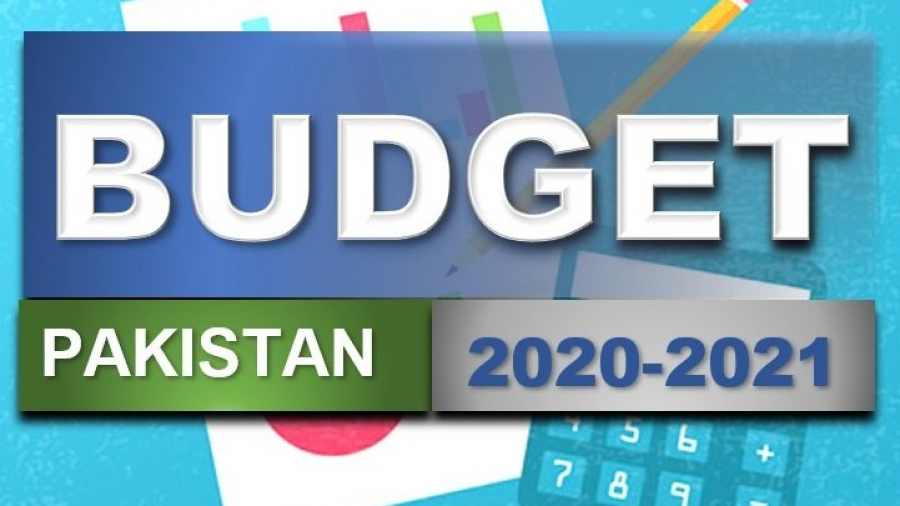Prime Minister Imran Khan has announced the opening of tourist attraction sites with defined SOPs in northern areas and critics in no time have started censuring the decision terming it premature and aggressive. SOPs have been separately announced for the travellers, host sites, restaurants and transportation. Social distancing, masks and sanitizer have been made compulsory and any violation will cost tourists heavy fines. Local governments have also been made responsible to keep a check on tourists coming to their areas.
Tourism industry as a whole have suffered significantly in the last decade and a half due to long drawn war against terrorism. Present government has invested heavily to improve the image of country in order to attract more tourists. Resultantly, the industry has witnessed a resurgence in past few years, where the number of tourists has grown steadily. In year 2017, 1.75 million tourists visited Pakistan, the tally went up to 1.9 million in 2018 and Pakistan was also named in World’s Top Adventure Travel Destination by British Backpacker Society. In 2019 1.5 billion local and international tourists visited different areas of Pakistan. Pakistan was ranked as World’s Coolest Place to visit by Forbes and was also specified as Best Holiday Destination for 2020.
Amid present circumstances, all industries have suffered huge losses in revenue generation, easing lockdown and allowing some sectors to work seems to be an effort to bolster the economy. Tourism in northern parts of Khyber Pakhtunkhuwa, Azad Kashmir and Gilgit Baltistan is one of the major source of income generation for the local residents, as local and international tourists visits these areas to explore nature. Millions of citizens earn their livelihood by hosting travelers and tourists. In Pakistan, 3.8 Million people are directly or indirectly associated with the tourism industry and it contribute 7.4 percent share in total GDP of country.
Corona pandemic has not only hit urban areas badly but also affected people of northern region as no tourists were allowed due to lockdown in the country. With no treatment or cure in sight, a developing country like Pakistan cannot afford a prolong lockdown. Tourism might sound an extravagance for the people who do not have direct stakes involved, however, a complete ban on tourism is likely to starve the lower class and poor associated with industry. With soaring temperatures in southern parts of the country, these areas receive the bulk of tourists during summers.
Keeping in view corona pandemic situation which might further prolong, a conditional opening of tourist attraction seems to be a sensible decision. Government should put in sustained efforts to create ease for travelers to sustain a constant flow of tourists to keep the local economy running. The announcement is likely to encourage locals to visit these areas, however, a surge in tourism might be witness on occasion of Eid-ul-Fitar. It is imperative to ensure that tourists follow all standard operating procedures during travelling to avoid the spread of corona. This will also help in convincing foreign tourists to travel these areas.





